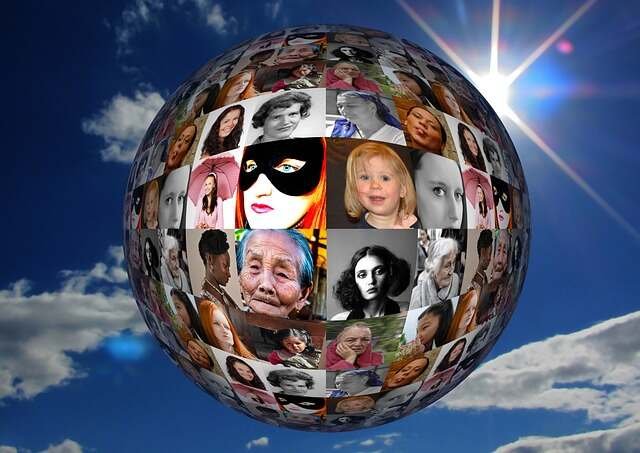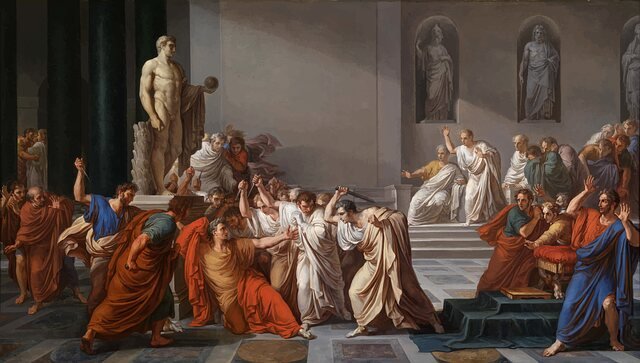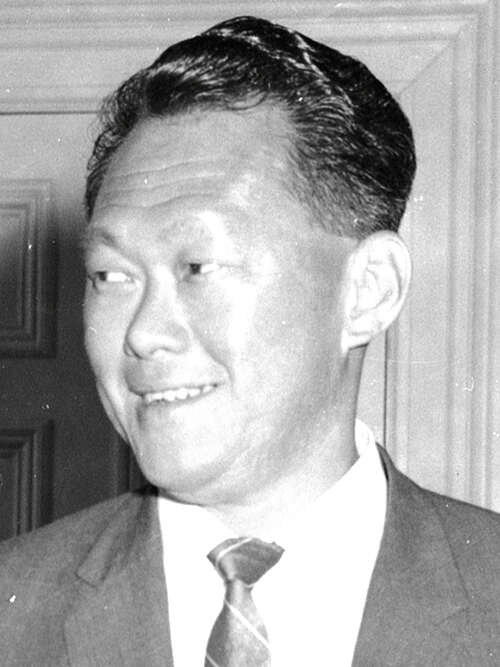National Identity: Diversity in Unity
In a world marked by diversity and cultural plurality, the notion of national identity stands as a cornerstone of societies, weaving together the collective consciousness of a nation. National Identity encompasses the shared values, traditions, history, and cultural heritage that bind individuals under a common identity. Yet, the concept of national identity is multifaceted, often stirring complex debates and discussions that ripple through politics, culture, and social spheres.
Understanding National Identity
National identity forms the bedrock of a nation’s self-perception and often shapes its interactions with the global community. It embodies the narratives that define a nation’s past, present, and aspirations for the future. However, discussions around national identity can be intricate and delicate due to the diverse tapestry of identities within a nation.
A potential for divison!
National identity can unite citizens through shared values and traditions, fostering a sense of belonging and collective responsibility. It encourages collaboration and support for national institutions. However, it can also divide when used to exclude or promote narrow ideologies, leading to discrimination and conflict.
Sensitive issues
Here are the sensitive issues:
Cultural Diversity and Identity
The interplay between cultural diversity and national identity is a central theme. It involves questions about assimilation versus diversity, language preservation, and the role of cultural heritage in shaping a nation’s identity. Finding a balance between honoring diverse cultures and fostering a unified national identity can be a challenge.
National Identity in Globalization
The evolving global landscape challenges traditional notions. Ideas, migration, and connectivity test established boundaries. Conversations pivot to how identities adapt in a globalized world. As societies embrace cosmopolitanism, national boundaries blur, sparking talks on adaptability and inclusiveness.
Political Implications
National identity often influences political landscapes. Debates over sovereignty, inclusion, and representation intersect with national identity, shaping policies, and political rhetoric. Addressing these issues is critical in maintaining social cohesion and political stability. It shapes immigration debates, sparks discussions on citizenship, and often fuels nationalist sentiments in the political arena.
Shifting Paradigms and Identity
As societies evolve, so does the notion of national identity. Discussions on revisiting historical narratives, redefining symbols, and adapting to changing societal norms are part of this evolving discourse.
Embracing Plurality
Embracing a diverse national identity that accommodates different perspectives and cultures is fundamental. It’s about fostering inclusivity, respecting differences, and finding unity in diversity.
A nation’s identity evolves, shaped by time, society, and global ties. Cultivating an identity that honors diversity while forging unity is crucial. Balancing heritage and embracing diversity fosters a cohesive national spirit in our interconnected world.
National Symbols and Icons
National symbols like flags, anthems, and monuments carry immense cultural and historical significance. Debates often emerge about their representation and meaning. Some discussions revolve around the evolution of these symbols, questioning their relevance in a diverse society. There are debates on whether certain symbols adequately represent the entire population or whether they inadvertently exclude certain groups. Additionally, controversies arise when considering the removal or preservation of historical monuments due to their associations with contentious events or figures.
Immigration Policies
Immigration policies dictate who can become a part of a nation, stirring debates on inclusivity, cultural diversity, and national security. Discussions range from the ethical treatment of immigrants to the economic and social impact of immigration. Some debates revolve around stricter or more lenient immigration laws and their effects on cultural assimilation or preservation. Additionally, there are discussions on the role of immigrants in shaping the nation’s identity and economy, contrasting with concerns about cultural dilution or displacement of native populations.
Language and Education
Language policies in education deeply influence the preservation or dilution of national identity. Discussions arise about the language(s) used in schools, as language plays a pivotal role in shaping cultural identity. Debates range from whether education should prioritize teaching a dominant national language to fostering multilingualism. There are concerns about the impact of language policies on inclusivity, as certain language choices may inadvertently marginalize specific cultural or linguistic groups within the nation.
Historical Narratives
Interpretations of historical events and figures significantly impact a nation’s collective memory and identity. Discussions on historical narratives often involve debates over which events should be highlighted or downplayed in textbooks or public commemorations. Conflicts or controversial events from the past might evoke differing viewpoints, sparking debates about how they should be presented and whether certain narratives are prioritized over others, influencing perceptions of national history.
Patriotism vs. Nationalism
Debates about healthy patriotism versus exclusionary nationalism focus on the allegiance and love for one’s country. Discussions highlight the thin line between fostering a sense of pride and unity among citizens and propagating an “us versus them” mentality. There’s a concern about how extreme forms of nationalism can breed intolerance towards minorities or immigrants, contrasting with patriotism that celebrates national achievements while embracing diversity and inclusivity.
Navigating the Minefield of National Identity: Discussing Sensitive Topics in Politics
National identity is a complex and multifaceted concept that can be interpreted in various ways. It is often defined as a shared sense of belonging to a particular nation, characterized by common values, culture, and history. However, national identity can also be a source of division and conflict, particularly when there are competing or contradictory narratives about what it means to be a member of a nation.
In the realm of politics, it can be a highly sensitive topic. This is because discussions about national identity often touch on issues of belonging, power, and representation. When these issues are debated, there is a risk of igniting strong emotions and fueling divisions among different groups within society.
What are the sensitive topics in this matter?
In the realm of politics, few discussions are as sensitive as those surrounding national identity. It’s a multifaceted topic that sparks heated debates and influences various aspects of societal discourse, such as:
Immigration and Cultural Diversity
Immigration, a critical facet of national identity, triggers debates about cultural diversity and its impact on a country’s identity. The discussions often revolve around assimilation, economic contributions, and societal integration of immigrants. Sensitivity arises when weighing the balance between preserving a nation’s cultural identity and embracing multiculturalism.
Economic Impact
Economic shifts, globalization, and trade often intersect with national identity. Debates revolve around protecting domestic industries versus embracing global markets. These discussions can trigger sentiments related to preserving national autonomy and pride while adapting to global economic changes.
Social Cohesion and Identity
Conversations about social cohesion often intersect with the idea of belonging to a nation. It’s important to bridge gaps between social groups—whether based on race, ethnicity, or religion—to strengthen a united sense of belonging. Finding a balance in policies that embrace diversity while promoting unity can be delicate.
Political Representation
Political representation reflects complex societal dynamics. Debates on inclusion, minority representation, and power structures are sensitive. Balancing fair political systems to represent diverse identities within a nation presents significant challenges.
Identifying Sensitive Topics
A few specific topics related to national identity can be particularly sensitive in political discourse. These include:
- The definition: What does it mean to be a member of this nation? How do we define who is included and who is excluded?
- The role of history and culture: How do we interpret our shared history and culture? How do we reconcile different historical narratives?
- The relationship between national identity and citizenship: What are the rights and responsibilities of citizens? How do we ensure that all citizens feel included and respected?
- The role in shaping public policy: How does it influence our decisions about immigration, education, and social welfare?
Most sensitive topics in politics, ranked from 1 to 20, with 1 being the most sensitive
Handling Sensitive Topics
Navigating these sensitive topics in political discourse requires sensitivity, nuance, and a commitment to respectful dialogue. Here are some key principles to consider:
- Acknowledge the diversity of perspectives: There is no single, monolithic definition of national identity. It is important to recognize and respect the diversity of perspectives that exist within a nation.
- Focus on commonalities rather than differences: While there may be differences in how people define national identity, there are also many shared values and experiences that bind people together. It is important to focus on these commonalities in order to build bridges and foster a sense of unity.
- Emphasize inclusivity: It should be inclusive, welcoming, and respectful of all citizens. It should not be used to exclude or marginalize any group of people.
- Promote dialogue and understanding: Open and honest dialogue is essential for addressing sensitive topics related to national identity. We must be willing to listen to different perspectives and engage in respectful debate.
Conclusion
National identity is a complex and sensitive topic that can be a source of division and conflict in politics. However, it is also a powerful force that can unite people and create a sense of shared purpose. By approaching discussions about national identity with sensitivity, nuance, and a commitment to respectful dialogue, we can create a more inclusive and unified society.
This is a complex and sensitive topic that can be a source of division and conflict in politics. However, it is also a powerful force that can unite people and create a sense of shared purpose. By approaching discussions about national identity with sensitivity, nuance, and a commitment to respectful dialogue, we can create a more inclusive and unified society.
Photo credit: geralt via Pixabay
Sources: ScienceDirect, British Social Attitudes, Oxford Academic
Countries that hate each other the most | Exploring the Most Tense International Rivalries



